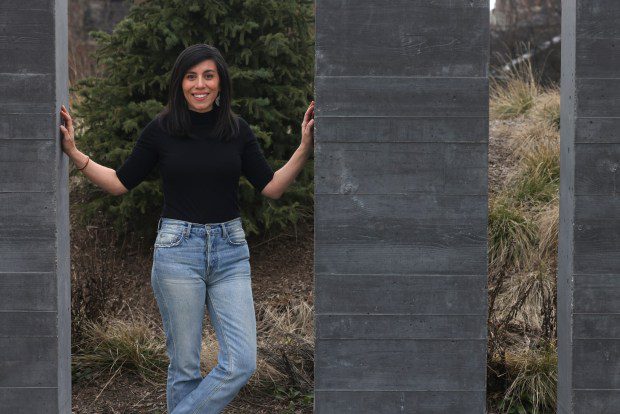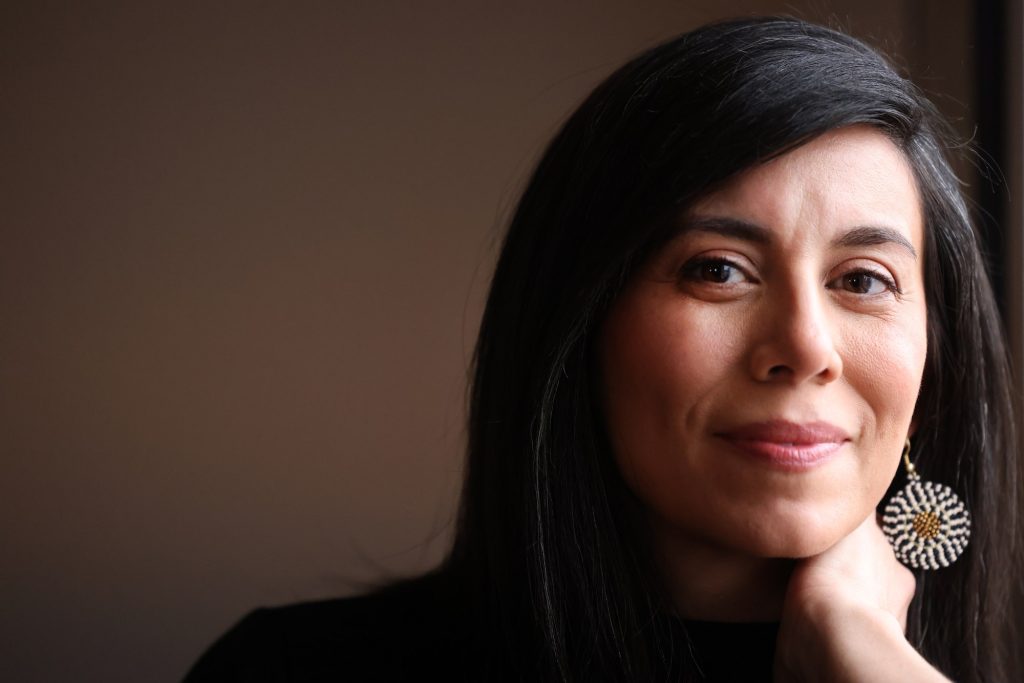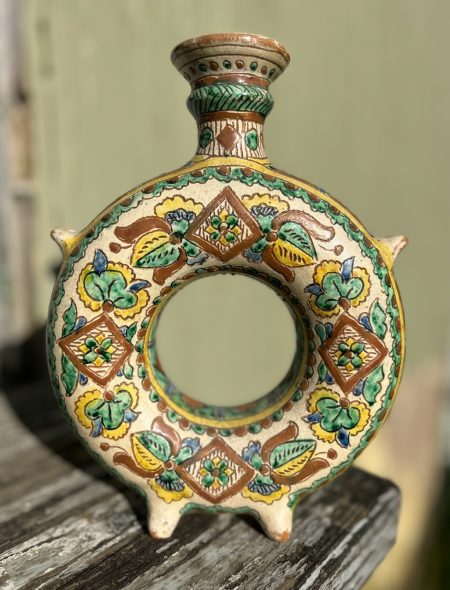Whenever I see a historical novel that is obviously a historical novel — the fancy cover fonts, windy beaches, puffy dresses, moody Renaissance colors, tall sailing ships, maybe a helicopter hinting at Vietnam — I feel uncomfortable. I sympathize with the author. Because a part of me thinks that historical fiction was a big mistake. It's a leftover, narrow-minded cultural bias that links the worth of music to its complexity and tells us not to take comic books seriously. I momentarily forget that genre does not determine quality, and in the last ten years alone, many National Book Award winners like “Blackouts,” “The Good Lord Bird” and most Pulitzer Prize winners for fiction such as “Trust,” “All the Light We Cannot See,” “The Night Watchman,” “The Nickel Boys” were historical fiction.
I forget that a good historical novel often overcomes big challenges and defies our doubts. It must face readers who inevitably question its historical accuracy, while also understanding: If you focus too much on the facts, the creativity suffers.
This is why I worried about Cristina Henríquez and her new historical novel, “The Great Divide,” just published. Her previous work, all acclaimed — “The Book of Unknown Americans,” “The World in Half,” “Come Together, Fall Apart” (a 2006 story collection) — focused on cultural legacy and family history found in everyday life, despite being set in suburban Hinsdale. But now, she's delving into historical fiction. It's set a century ago during the construction of the Panama Canal, and revolves around men building it, international emigrants looking for work, locals opposing Americans, and Americans trying to benefit financially. It's a concise 319-page saga about love and violence that skillfully maintains a historical balance. It's also one of the most talked-about new books of spring. I recently spoke with Henríquez about the challenges and benefits of entering the world of historical fiction. The following discussion has been edited for clarity and length.
Q: Your father is from Panama. Does having family from there influence your approach to writing historical fiction?
A: Well, it's a tribute to Panama and family in a way. I grew up in Delaware, but we spent summers there not as tourists, but visiting family, doing daily tasks. Back then, I didn't speak Spanish and felt like an outsider. I believe I became a writer trying to weave together the stories I heard. We would go to the canal and watch ships pass in the scorching sun. My family wasn't involved in the construction era, 1904 to 1914, but I spoke to my dad a lot while writing, and he eventually mentioned, after three years of work, 'I worked on the canal after high school, in the dredging and engineering division.' He's an engineer. I thought, 'That information would have been helpful to know three years ago.'
A: Q: You did not believe you were writing historical fiction.
Not until later in the process, when I realized it was going to be described that way. It was just a novel set in the past. I was never constrained by that and I never felt restricted by that.
A: Q: Do you read a lot of historical fiction?
What I have noticed is how many books I have been reading that get labeled as historical fiction, that while I am reading them, well, I didn’t think of them that way, not until later. A lot of big writers work in this (area) now. Jesmyn Ward’s last novel, “Let Us Descend.” Paul Harding’s “This Other Eden.” Daniel Mason’s “North Woods” is on my list to read. Edward P. Jones’ “The Known World” (set on a Virginia slave plantation) was a constant companion while I wrote this. “One Hundred Years of Solitude,” too, by Gabriel García Márquez, although it’s ostensibly historical. And “Slaughterhouse-Five,” which, again, is ostensibly about the firebombing of Dresden, moving in time, breaking rules.
A: Author Cristina Henriquez on March 1, 2024.(Antonio Perez/ Chicago Tribune)

You start to think of all the interesting things you discovered during research, but how to get them in seamlessly? What do you let go? If it can’t be grafted to a character’s perspective, let it go. I made a note while I was writing: You Are Not a Tour Guide! I don’t have to explain everything I learned about Panama. It’s all in service to the story.
A: Q: But you did research.
A significant amount. The first six months, before putting pen to paper, all I was reading was about the Panama Canal, and even then it took me five years to finish. And during that time, I’m still only reading about Panama, and bothering the library in Hinsdale for access to journals and articles and maps that I can’t find online. There are Panama Canal scholars, and they would read drafts and give feedback. But then I also went to Panama and found resources there that don’t exist outside of its own libraries.
A: Q: Did you have to go to Panama?
A fiction writer’s job is to imagine something whether they are there or not, but it helped. Could I have done it without my personal connection to the place? Hard to say. People want to know if it is based on family — they always want to know that, no matter what you write. I’m trying to understand why it matters how much is autobiographical. But this was a whole cloth invention of characters and trying to imagine what it was like.
A: Q: The problem is, the question of accuracy gets all-consuming for audiences.
Yes, but with fiction, to a degree, there’s latitude. Edward P. Jones and “The Known World,” he has official men coming to the door to discuss official historical documents. But I remember when asked about it on a TV show, he said he made it all up. I made a lot of this all up. Fiction is my job, but look, you also want to be faithful: I studied train schedules and would think, “Do they leave on the 12:55 or the 1:55? Does it change the timeline of the story?” You do ask these things. On the other hand, if I couldn’t find the name of a street or something, I would make it up. All of which, in a way, proves the premise of the book: Some history hasn’t been told and remains buried, and the fact that you can’t find many of the basic details to explain that, it’s evidence for why you write.
"The Great Divide" takes place a hundred years ago while the Panama Canal was being built, not on the outskirts, but among the men building it.









